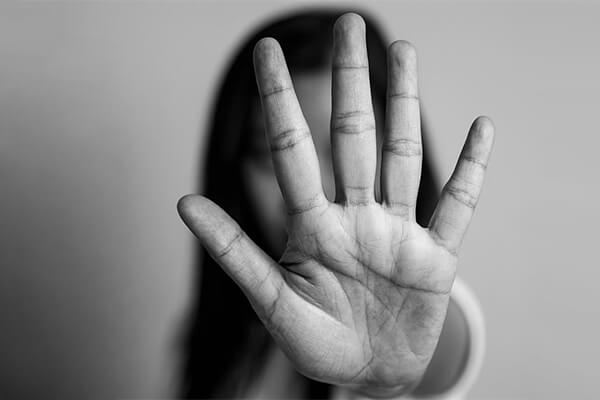Europe’s reception of children seeking refuge is particularly shameful
Last year came to an end with horrific images of slave labour markets in Libya, and a further UN Security Council resolution that both condemned human trafficking and expressed grave concern at the exploitation of children forcibly displaced by conflict.
The prosecutor of the International Criminal Court described Libya as a marketplace for trafficking in human beings, and a situation that was dire and unacceptable.
And in November the bodies of 26 young Nigerian women were found floating in the Mediterranean – another tragic incident adding to the many left to die while seeking refuge in Europe.
The International Organisation of Migration has estimated that 80 per cent of Nigerian girls arriving in Italy may be victims of trafficking for the purpose of sexual exploitation.
Most originate from Edo state, in particular the impoverished surroundings of Benin City. Many arrive traumatised and brutalised, yet safety and even a humane and dignified reception in Europe is not guaranteed.
Even those who are victims of the crime of human trafficking may be subject to the now infamous Dublin transfer procedure. In one such case Swedish authorities initiated proceedings to transfer a 28-year-old Nigerian asylum seeker and her six-year-old daughter to Italy despite evidence that she had been repeatedly raped and assaulted by traffickers in Italy in the presence of her daughter.
It was only following the concerted action of a Scandinavian human rights lawyers’ group that further trauma, and a serious risk of re-trafficking, was prevented.


